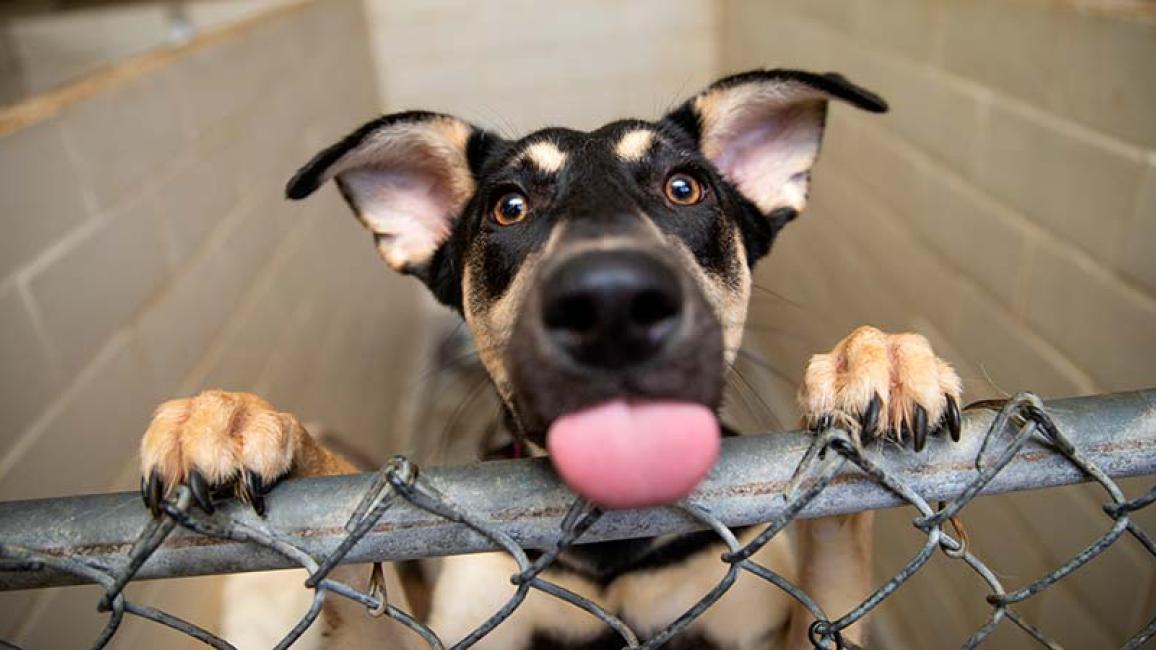Animal advocacy and essential services during COVID-19

Like you, I’ve been waking up each morning this week with a bunch of questions racing through my mind: What on earth is going to happen today? Who’s in need of help? Who might be getting overlooked? What can I do to make sure those most in need of support are getting it? With a global pandemic like COVID-19, everyone will be affected in some way, and many will be overlooked unintentionally. This is particularly true for animal shelter workers and the pets in their care.
For Best Friends and our lifesaving partners around the country, another big question preoccupies us: What does “shelter in place” mean for pets, pet owners and animal-related services, including community cats?
As the federal, state and local governments roll out plans to identify and support essential services (hospitals, police, firefighters, electricity, water supply, food provisions, etc.), animal shelters and animal control agencies are easy to overlook. That’s why it’s so important to swiftly advocate for pets and the essential services that support them (e.g., animal shelters, animal control and veterinarians) during times of crisis.
Yesterday, Best Friends’ advocacy team sent letters to every state’s governor, state veterinarians and emergency manager in the country offering assistance for incorporating companion animals, pet owners and animal welfare professionals into their emergency response and shelter-in-place planning. We did so with the understanding that, right now, local and state officials are overwhelmed and doing their best, and if we can offer expertise and support to them, it’s our job to do just that.
Among our specific recommendations are the following:
- Include animal care and veterinary services as an exemption in any shelter-in-place policy so that dogs and cats can continue to be cared for and pet owners can continue to walk and exercise their pets, and so caregivers can continue to feed community cats.
- Ensure that essential services remain open during emergency declarations so that animal control officers and shelter staff are considered essential and can continue to serve the public health and safety needs in their communities.
- Comply with requirements of the federal PETS Act and include animals in emergency response so that provisions are made accordingly for people with pets.
- Include important messages about animals in formal communications to the public so that the public has access to reliable information on companion animals and COVID-19.
- Follow best practices for animal shelter and animal control protocols during the pandemic so that false perceptions about COVID-19 and pets don’t result in more dogs and cats being surrendered to shelters.
On Tuesday, the American Veterinary Medical Association released a statement calling for veterinary practices to be considered essential businesses during the response to COVID-19 as well.
Now is the time for all of us to come together, pool our expertise and resources, and support our communities as best we can. Let’s look out for one another, look out for those who are at risk of being overlooked or falling through the cracks, and advocate in thoughtful, compassionate ways.
This affects every single one of us. Now is the time to be mindful of what we say, what we do, and how we do it, as we work together on behalf of those who need us.
